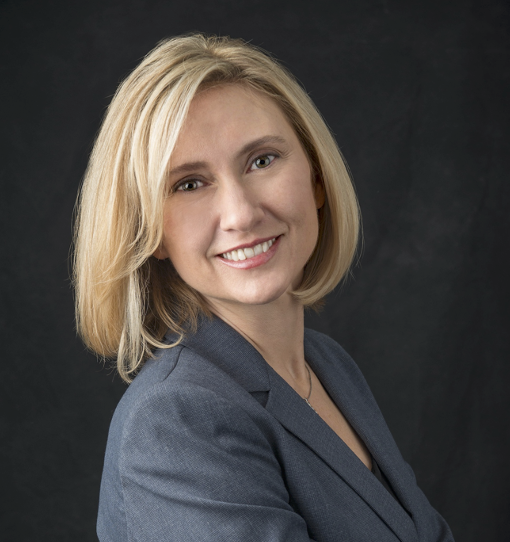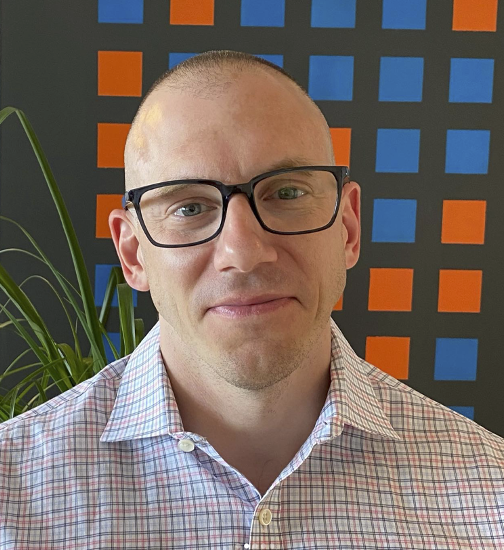The DePaul Law Jaharis Faculty Fellows Program provides scholars interested in pursuing careers in legal academia with an avenue for creating and disseminating their scholarship and teaching courses where two dynamic legal fields increasingly intersect—health law and intellectual property/information technology, broadly construed. Jaharis Fellows work with and are mentored by faculty from DePaul’s nationally ranked Mary and Michael Jaharis Health Law Institute and Center for Intellectual Property Law & Information Technology.
 Julie L. Campbell
Julie L. Campbell is a health law attorney, certified healthcare compliance specialist, medical ethicist and medical-legal scholar. In her teaching and research, she views the health care system through an interdisciplinary lens, identifying problems that impact patient care and health outcomes, with a focus on how technological advances in medicine impact patient decision-making and the dying process. She also is passionate about correcting systemic errors that contribute to premature death. Her work on mandatory medical simulations recently appeared in
Health Matrix: The Journal of Law-Medicine, and her article, “The Ethical Use of Observations Units: Empowering Physician Autonomy for Patient Placement Decisions,” is forthcoming in the
University of Houston Journal of Health Law & Policy.
Currently, Julie is a senior fellow with the MacLean Center for Clinical Medical Ethics at the University of Chicago and a health law consultant to the New York Times documentary series “New York Times Presents.” She also is an experienced litigator with a focus on representing physicians and health care institutions on contract matters, consulting on medical malpractice lawsuits and recently working within the American Medical Association’s Litigation Center. Julie has taught various health law courses for both DePaul and Loyola University Chicago. She received her BA and BS from Miami University, her JD with honors from Chicago-Kent and her LLM in Health Law from Loyola University Chicago.
 Rick Weinmeyer is a fifth-year PhD candidate in social sciences and public health at Northwestern University. He researches important questions of public health law, health policy and bioethics, and he applies mixed methods to empirical questions in health law. His dissertation explores the public toilet crisis in the United States and provides an in-depth look at the legal and policy changes needed to improve public toilet availability and accessibility.
Rick Weinmeyer is a fifth-year PhD candidate in social sciences and public health at Northwestern University. He researches important questions of public health law, health policy and bioethics, and he applies mixed methods to empirical questions in health law. His dissertation explores the public toilet crisis in the United States and provides an in-depth look at the legal and policy changes needed to improve public toilet availability and accessibility.
Prior to pursuing his PhD, Rick spent four years serving as a senior research associate for the Council on Ethical and Judicial Affairs at the American Medical Association (AMA). During his tenure with the AMA, he researched and wrote on subjects at the intersection of health policy, public health law and medical ethics, including expanded access to unapproved drugs, religious and philosophical vaccination exemptions, and hospital mergers and their impact on patient care. Rick earned his BA in Political Science from the University of Washington, his MPhil in Sociology from Cambridge University, and his JD and MA in Health Law and Bioethics from the University of Minnesota.